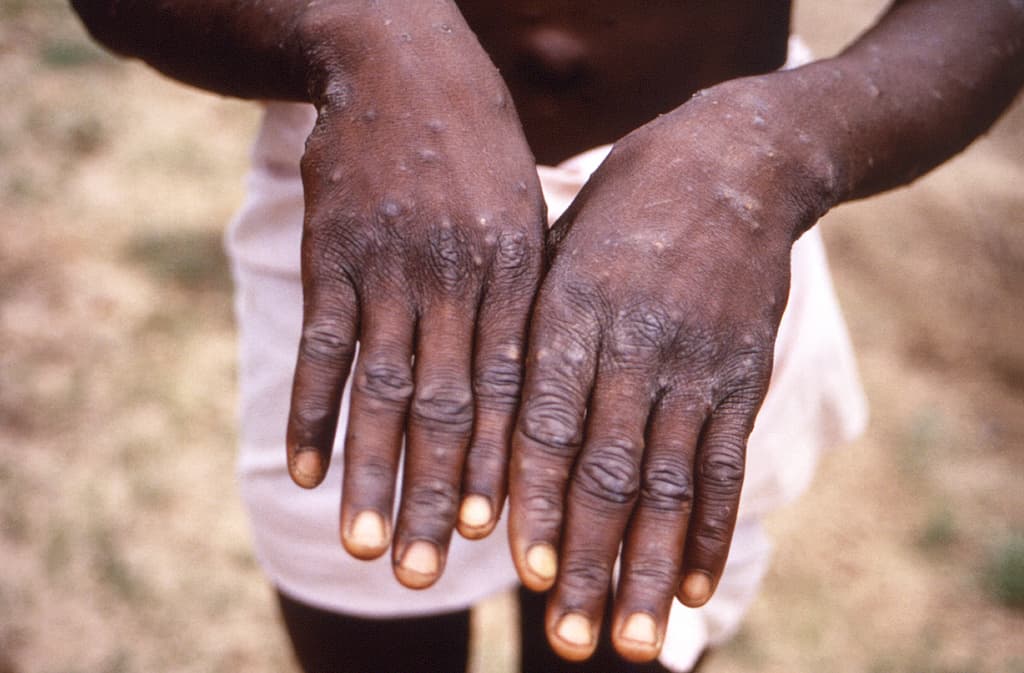A new and deadlier variant of the mpox virus is spreading in the Democratic Republic of the Congo. Researchers are warning that it could quickly spread to neighbouring countries.
The new virus strain, clade 1b, is primarily spreading among heterosexuals and has so far been confirmed in 1,000 people.
It is undoubtedly the most dangerous of all known strains of mpox so far, says Jean Claude Udahemuka at the University of Rwanda at a press conference on Wednesday.
He is urging all neighbouring countries to prepare for the mutated virus "before it's too late".
The new strain, clade 1b, was first identified in the small mining town of Kamituga in eastern Democratic Republic of the Congo in September. This week, a case was also confirmed in the city of Goma, near the border with Rwanda. The city has an international airport, which is worrying researchers:
There is definitely a possibility that the virus will get on a plane, says Trudie Lang, a researcher in global health at the University of Oxford, at the press conference.
Clade 1b has also been found in cities bordering Rwanda, Burundi, and Uganda.
The symptoms of the new virus strain differ from those of previous mpox viruses: it causes rashes all over the body, unlike the previous virus which mainly caused rashes in the genital area. Another difference is that the virus is transmitted through casual skin contact and from mother to child. It is suspected to be behind a large number of miscarriages and stillbirths.
The mortality rate for clade 1b is around five per cent among adults and ten per cent among children.
Previous mpox strains could be treated with smallpox vaccine, but it is not yet known if the vaccine works against the new strain.






